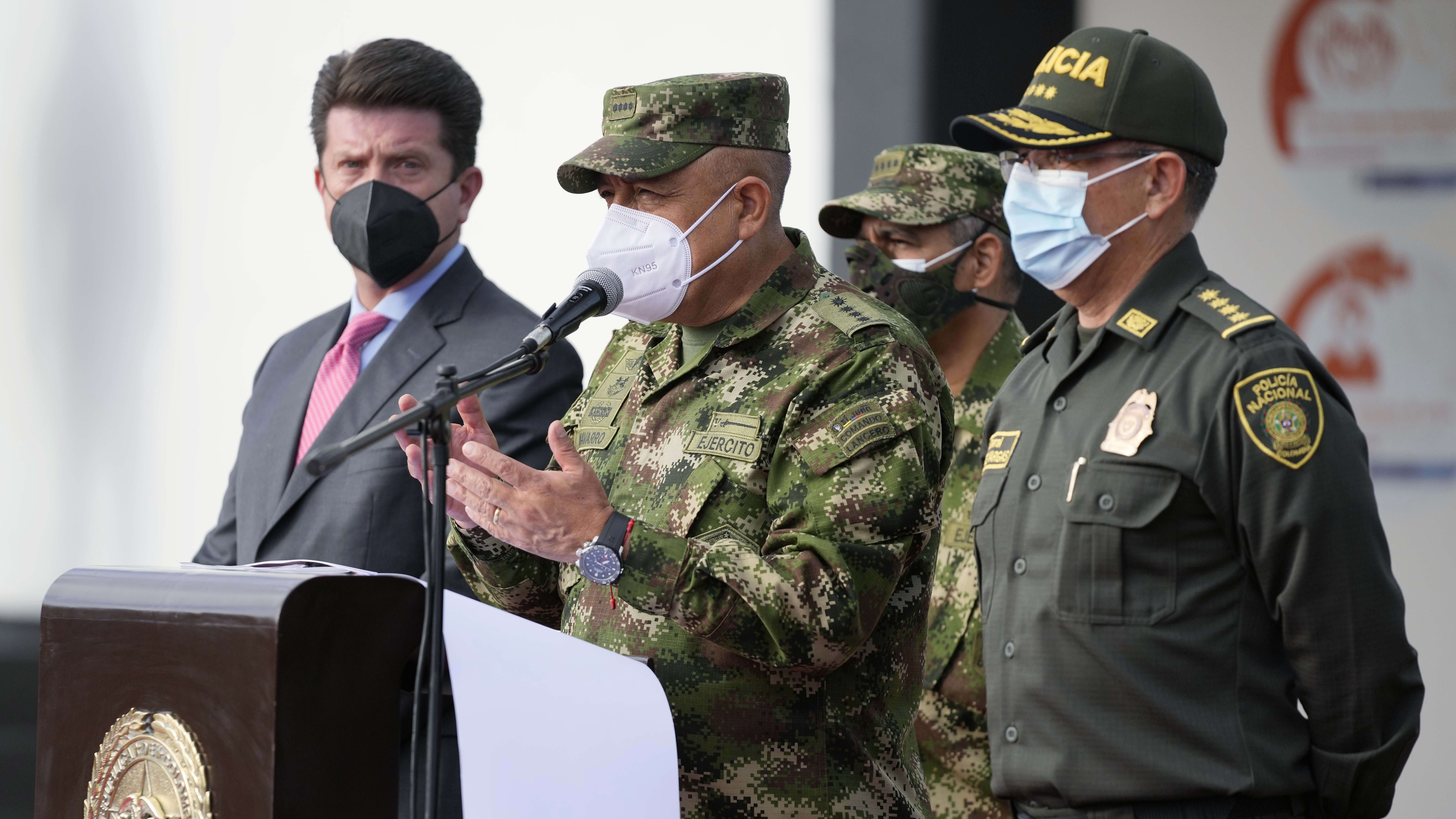Assassination of Haiti's president shines a light on world of Colombian mercenaries


A free daily email with the biggest news stories of the day – and the best features from TheWeek.com
You are now subscribed
Your newsletter sign-up was successful
The recent assassination of Haitian President Jovenel Moïse has brought attention to the murky world of mercenaries, especially those from Colombia.
Haitian authorities say 26 Colombian mercenaries were involved in the July 7 murder of Moïse, with 18 arrested, three killed after the assassination, and five still on the run. Most, if not all, of the mercenaries were former members of the Colombian military, the Los Angeles Times reports.
During the wars in Iraq and Afghanistan, the United States started outsourcing more tasks to military contractors, and that apparently led to an increase in mercenaries worldwide. "Now that the U.S. is no longer the big sugar daddy, the market has really diversified," Sean McFate, author of The New Rules of War, told the Times. "We're seeing mercenaries everywhere."
The Week
Escape your echo chamber. Get the facts behind the news, plus analysis from multiple perspectives.

Sign up for The Week's Free Newsletters
From our morning news briefing to a weekly Good News Newsletter, get the best of The Week delivered directly to your inbox.
From our morning news briefing to a weekly Good News Newsletter, get the best of The Week delivered directly to your inbox.
The mercenaries primarily fall into three categories, McFate said: English speakers, Russian speakers, and Spanish speakers, mostly from Colombia. Trained in counterinsurgency warfare, many retired soldiers are going abroad, McFate added, with the United Arab Emirates especially hiring them to serve as internal security or to fight in places like Yemen; the UAE has never admitted to hiring mercenaries.
Carlos Calatrava, a military expert at the Andrés Bello Catholic University in Caracas, told the Times that Colombian soldiers "have excellent training, excellent discipline, and ... have had the experience of combat. There are always groups looking for well-trained individuals for the job of protection and security." They are also willing to pay well — it's been reported that the Colombians who were allegedly part of the Moïse assassination received six times what they made off of their military pensions.
Many relatives of the Colombian suspects have said they don't believe their sons, husbands, and brothers were mercenaries, and never would have participated in the assassination. Jenny Capador Giraldo's brother, Dubernay Capador Giraldo, 40, was a retired first sergeant killed after the assassination. She told the newspaper El Tiempo "he was no mercenary" but rather "a good man," and she won't rest until his name is cleared.
A free daily email with the biggest news stories of the day – and the best features from TheWeek.com
Catherine Garcia has worked as a senior writer at The Week since 2014. Her writing and reporting have appeared in Entertainment Weekly, The New York Times, Wirecutter, NBC News and "The Book of Jezebel," among others. She's a graduate of the University of Redlands and the Columbia University Graduate School of Journalism.
